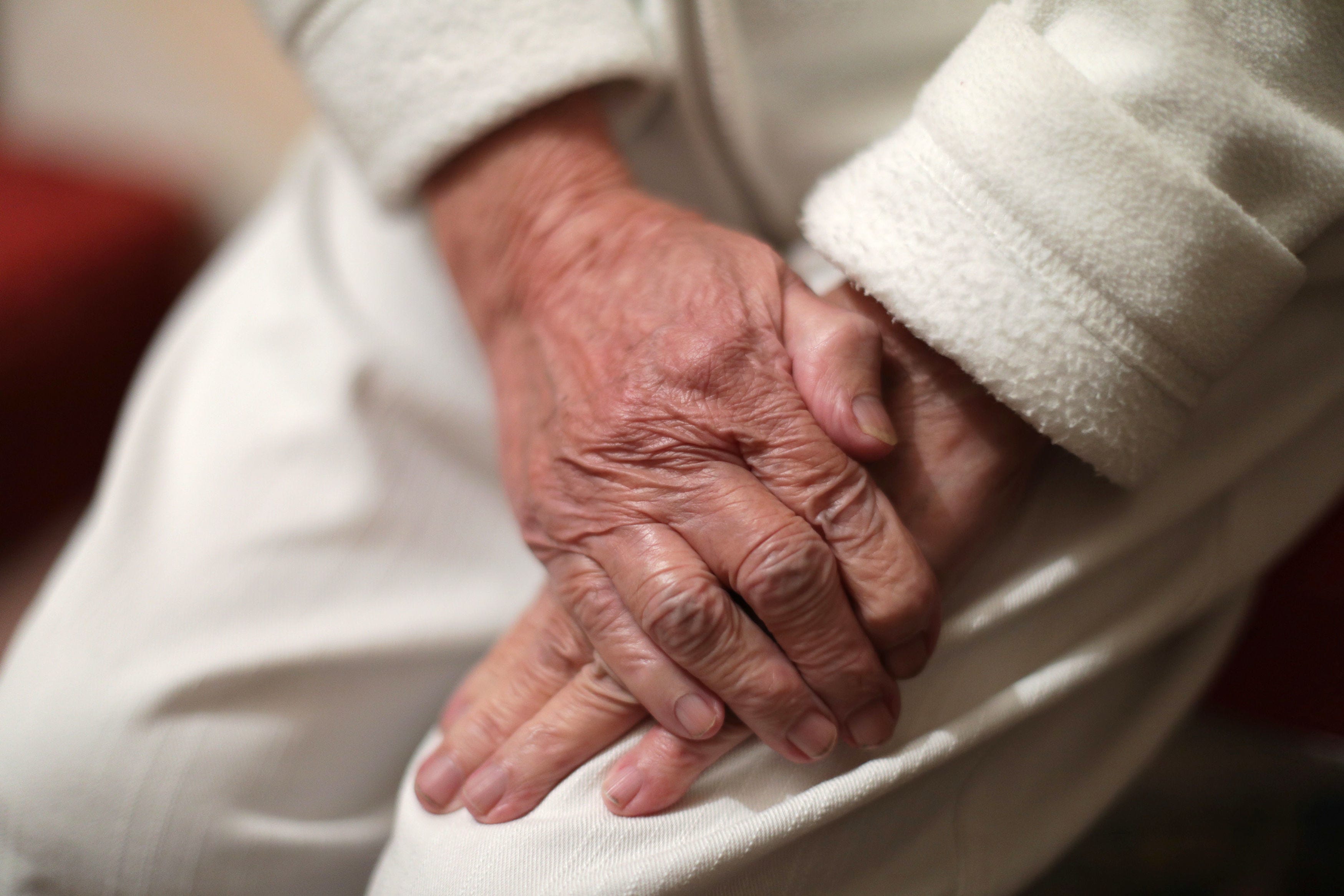Hundreds of hospice beds shut due to a lack of funding – charity
Hospices are largely funded by donations, fundraising and income from charity shops.

Your support helps us to tell the story
From reproductive rights to climate change to Big Tech, The Independent is on the ground when the story is developing. Whether it's investigating the financials of Elon Musk's pro-Trump PAC or producing our latest documentary, 'The A Word', which shines a light on the American women fighting for reproductive rights, we know how important it is to parse out the facts from the messaging.
At such a critical moment in US history, we need reporters on the ground. Your donation allows us to keep sending journalists to speak to both sides of the story.
The Independent is trusted by Americans across the entire political spectrum. And unlike many other quality news outlets, we choose not to lock Americans out of our reporting and analysis with paywalls. We believe quality journalism should be available to everyone, paid for by those who can afford it.
Your support makes all the difference.Hospices should not be viewed as a “nice-to-have” service, industry leaders have said, as it emerged that hundreds of hospice beds are not in use in England.
One hospice boss said that it is “not sustainable” for two thirds of funding to come from donations and fundraising.
A lack of funding and staff means that 300 inpatient beds are currently closed or out of use in England, out of a total of 2,200 according to Hospice UK figures.
We're not a 'nice-to-have' service. We are fundamental to the health and social care services across the country.
The organisation, which represents the sector, has called on the Government to intervene to prevent further service cut backs.
The Department for Health and Social Care said that it is “looking at how we can financially support hospices next year to ensure they are sustainable”.
Rachel McMillan, chief executive of St Ann’s Hospice, told BBC Breakfast: “It is really challenging every day, but more recently the challenges have been really significant.
“We’ve heard over the last weeks and months about hospices really struggling, and there needs to be huge reform in how hospices are funded.
The way that hospices are currently funded and commissioned by the NHS is acting as a huge cap on what they can do,
“Because we’re not sustainable as a charity. We’re not sustainable and we are part of the NHS, we’re part of social care, and we’re a fundamental part of that framework.”
She added: “We rely on the public for two thirds of our funding, and that’s not sustainable, and it’s harder and harder to raise money for essential services.”
“It’s really hard because what would happen if hospices weren’t there? it’s devastating to think like that, but the Government has to listen. They have to listen to what we need.
“We’re not a ‘nice-to-have’ service. We are fundamental to the health and social care services across the country.”
Hospices have said that the assisted dying Bill, which cleared its first parliamentary hurdle on Friday, could have “monumental ramifications for the UK’s end of life care system”.
Hospice UK has called on the Department of Health and Social Care to provide £110 million in urgent funding for England’s hospices to prevent further cuts.
Annette Alcock, Hospice UK’s director of programmes, said: “This worrying survey lays bare just how much more hospices could do if the long-term systemic challenges they face, like funding and staffing, were resolved.
“This situation is getting worse, not better, and in light of last week’s vote on assisted dying, it feels even more of a pressing challenge to resolve.
“The Government is rightly intent on shifting more care out of hospital into the community, and hospices are here to do exactly that for patients approaching the end of their life.
“But the reality is that the way that hospices are currently funded and commissioned by the NHS is acting as a huge cap on what they can do, along with underlying pressures like staff shortages.
“If the Government can act in both the short and long term to resolve these problems, these figures are clear evidence that hospices can do a lot more for patients, and a lot more for the NHS.
“That’s true out in the community too, where most of hospice care is actually delivered. With better funding and commissioning, hospices could provide so much more care where people most want it – at home.”
A Department of Health and Social Care spokesperson said: “We are working to make sure everyone has access to high-quality end of life care.
“The choices the Chancellor made in the Budget allowed us to invest another £26 billion in the NHS.
“We are looking at how we can support hospices next year to ensure they are sustainable.”